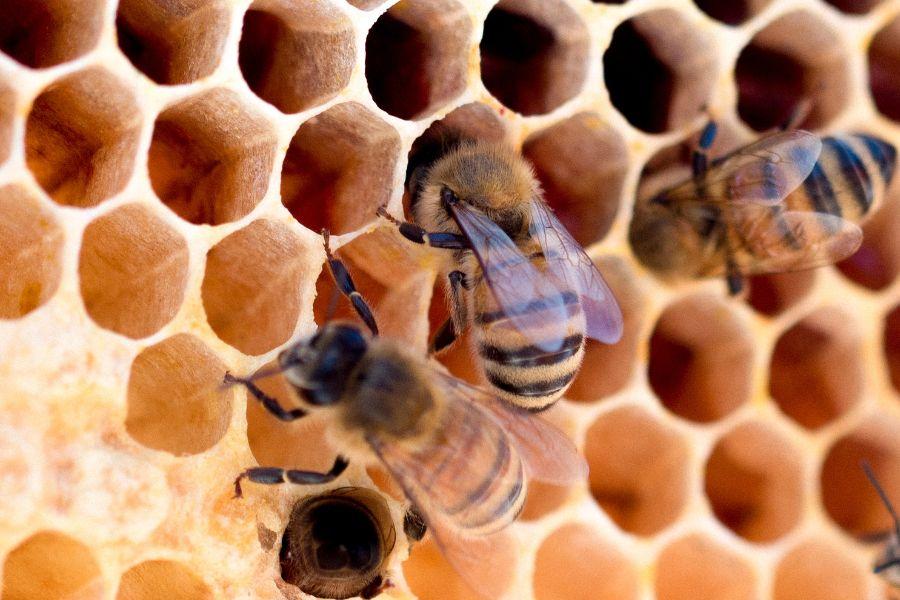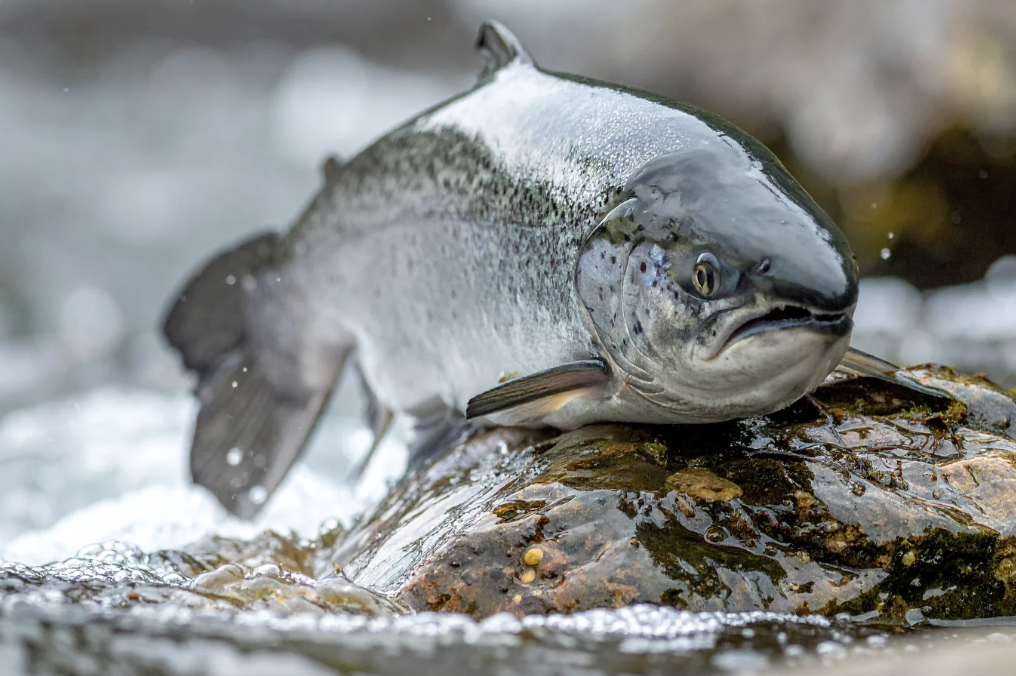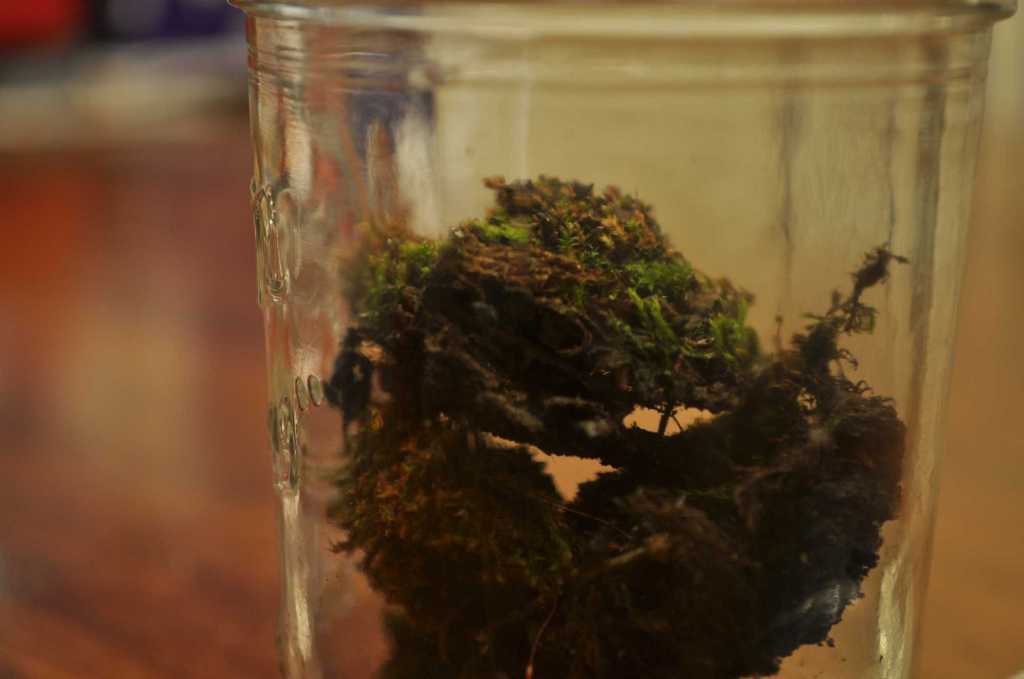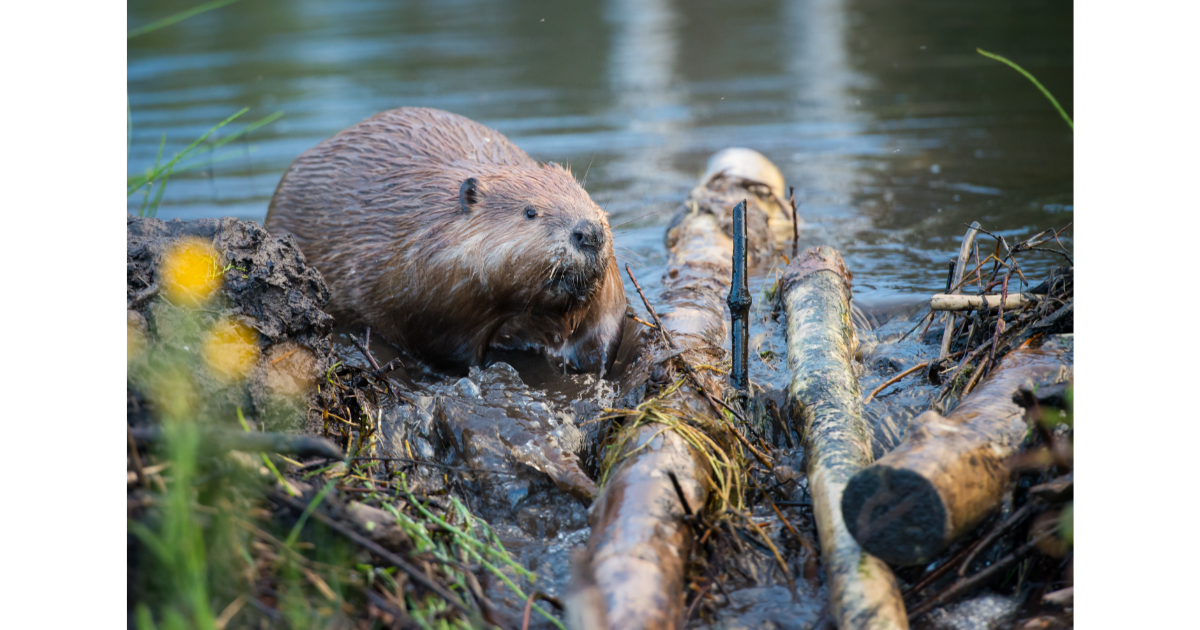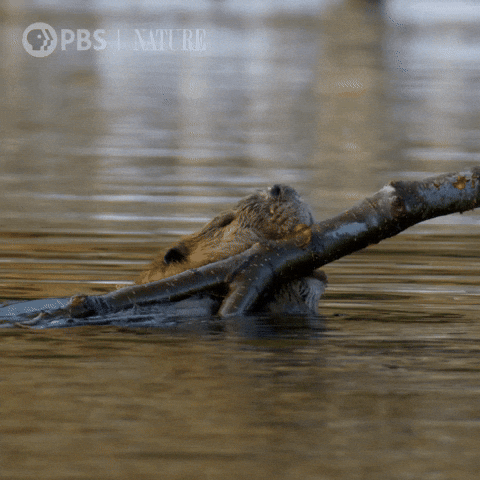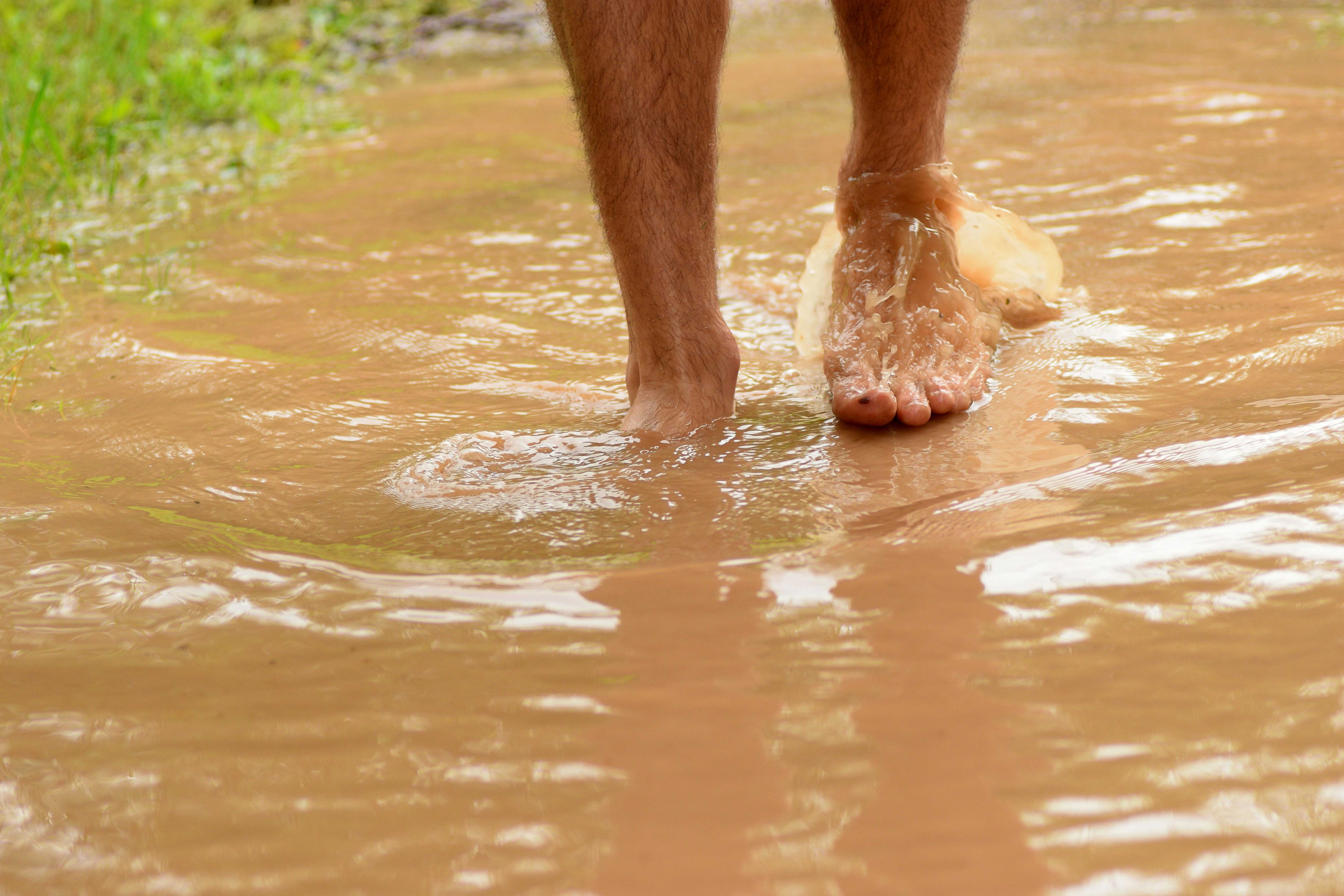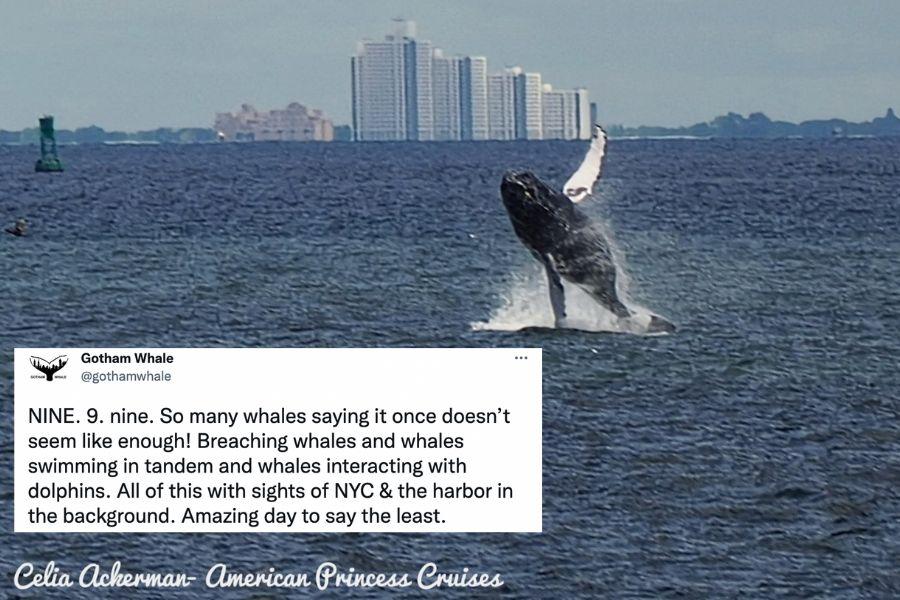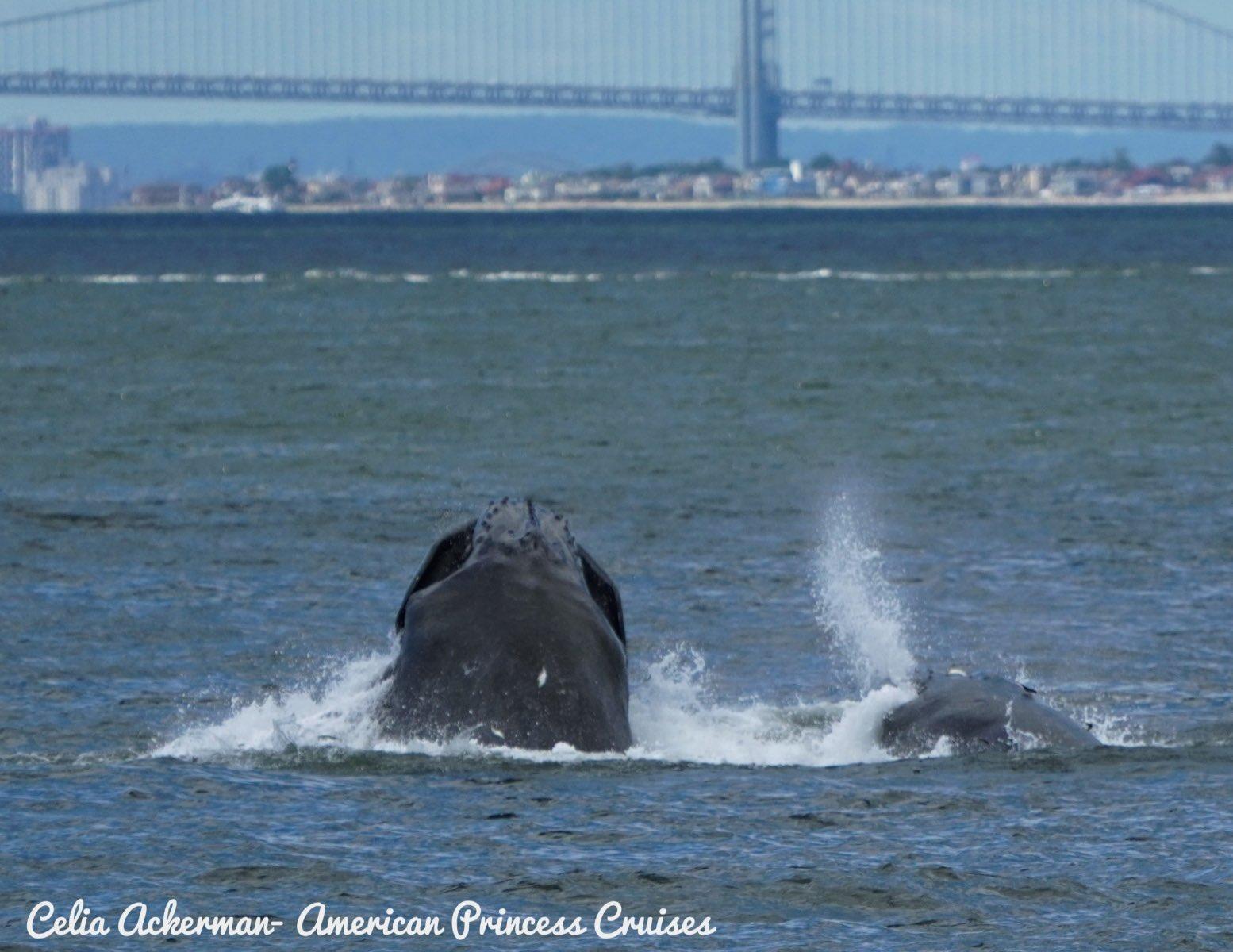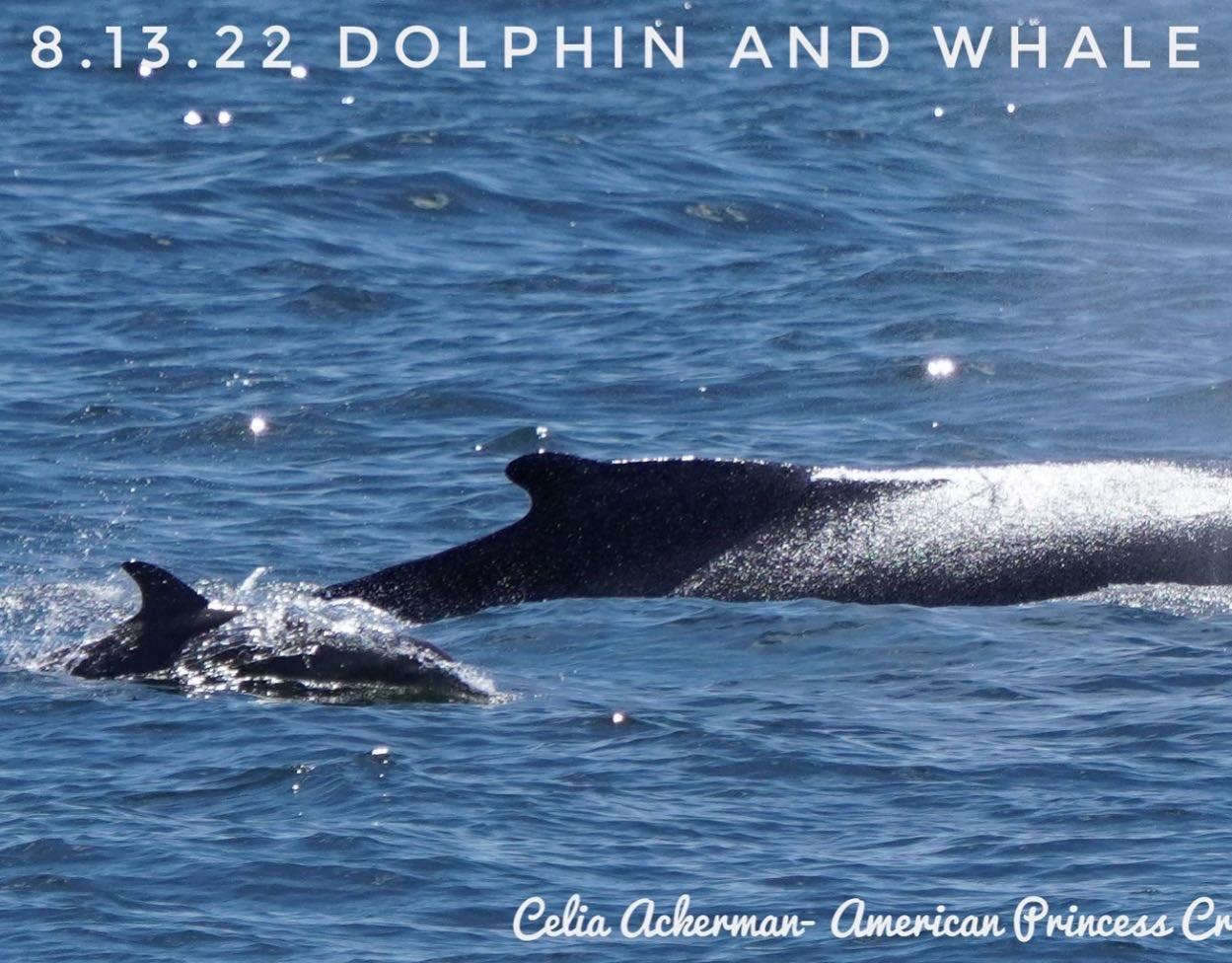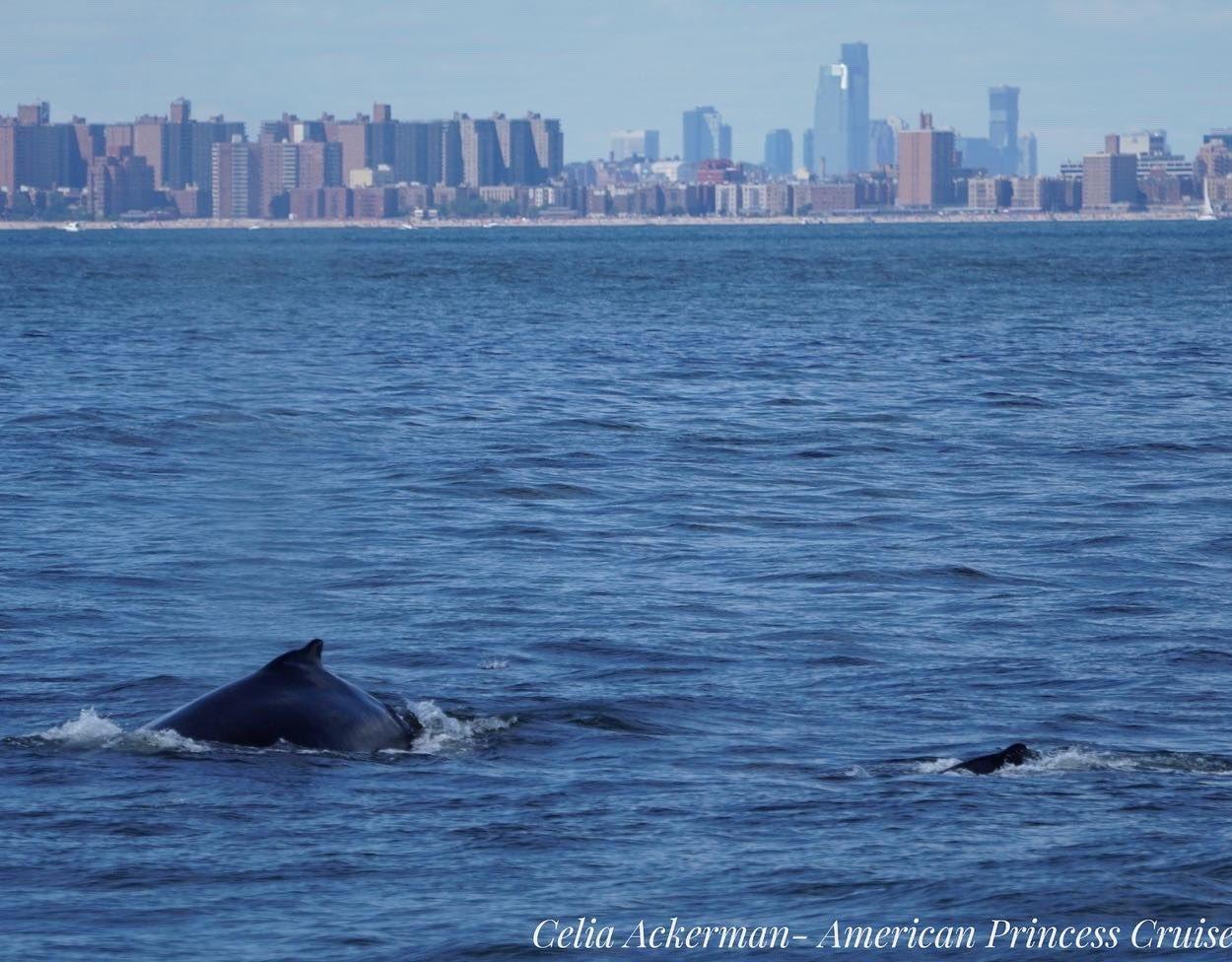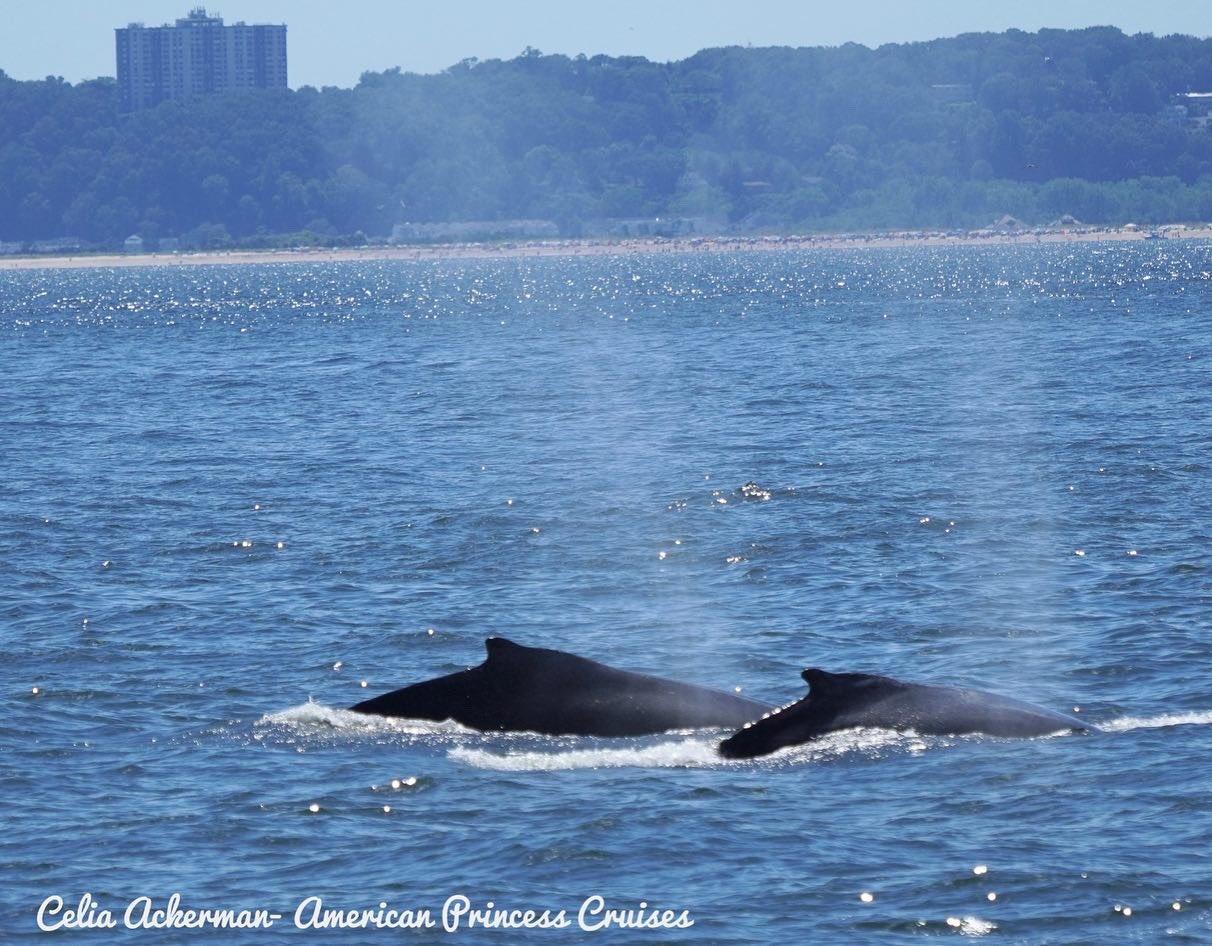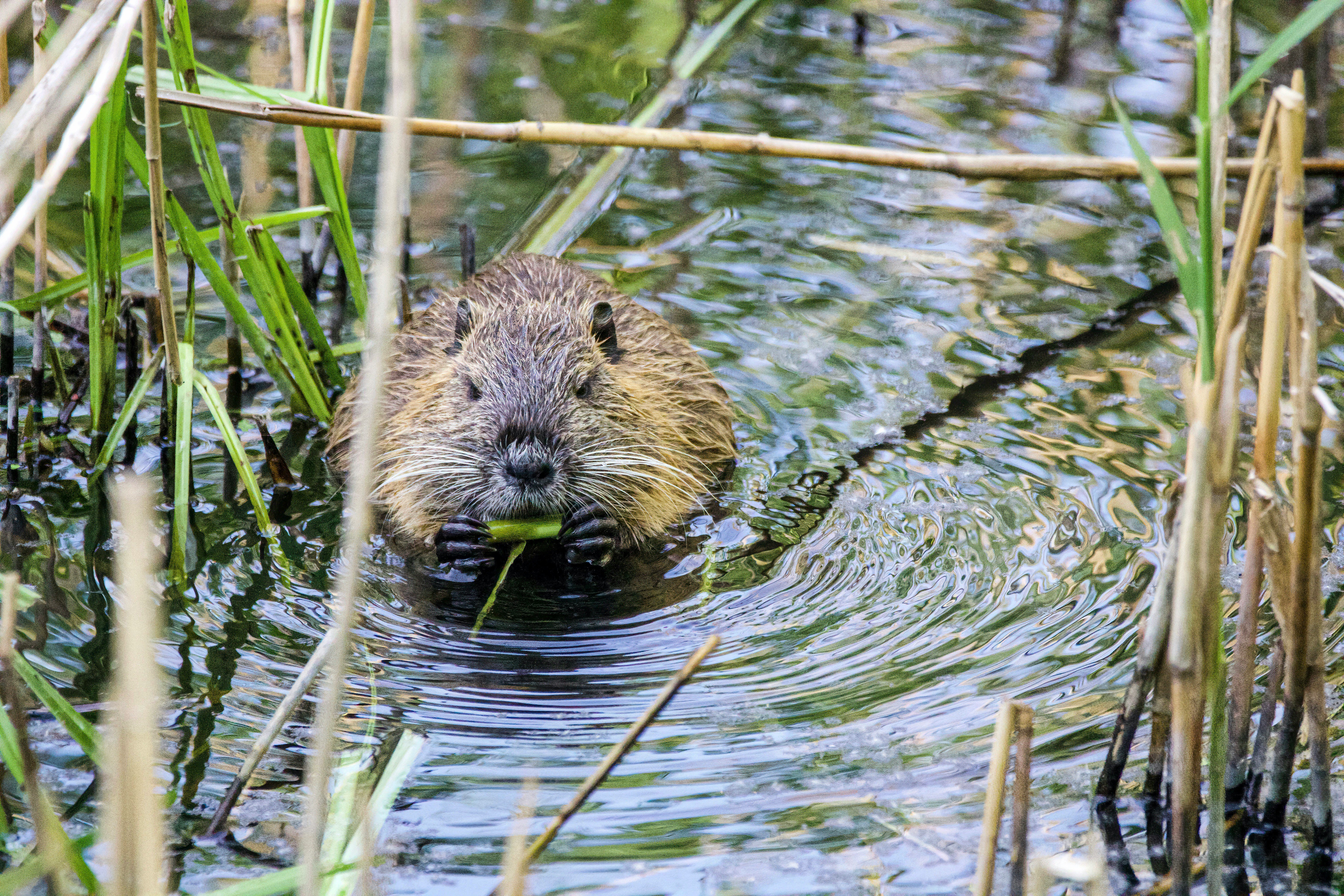Without bees, the human race would be screwed. We rely on those little buggers to pollinate most of the crops that feed most of the world—they’re a critical link in the food chain that sustains human existence.
But scientists have been worried about bee populations in recent years, as colony collapse disorder, habitat loss and various bee diseases have threatened the planet’s primary pollinators. There’s good news for our fuzzy, buzzy friends, however. The world’s first honeybee vaccine has been approved by the U.S. Department of Agriculture to help stave off American foulbrood, a deadly disease that’s spread through bacterial spores and can take down entire colonies.
So how does a bee colony get vaccinated? Are we talking 50,000 teeny-tiny syringes or what?
The process is actually quite ingenious. According to a press release from Dalan Animal Health, the vaccine, which contains dead Paenibacillus larvae bacteria, gets mixed into the queen bee’s feed, which is then consumed by worker bees. Those worker bees incorporate the vaccine into the royal jelly they feed to the queen. After she eats it, the vaccine gets deposited into her ovaries, which provides immunity to the larvae she produces. Thus, all her little baby bees are born already vaccinated for American foulbrood.
Pretty nifty, eh?
The vaccine was developed by the University of Georgia’s College of Agricultural and Environmental Sciences in collaboration with biotech company Dalan Animal Health, and researchers are hopeful this breakthrough will lead to similar vaccines.
“They are taking a stab at this one because it’s such a historically important bee disease,” Keith Delaplane, CAES Department of Entomology professor and director of the UGA Bee Program, told Georgia Public Radio. “With the good results, which we anticipate based on lab work, we can expand the product line to other diseases.”
There is currently no cure for American foulbrood and, despite its name, it has become a global issue. According to Delaplane, beekeepers have been using antibiotics to fight off the disease, but the USDA is trying to cut down antibiotic use in all food-producing animals. This vaccine helps eliminate the need for them in the honeybee population.
The Guardian reports that the vaccine will first be made available to commercial beekeepers. American foulbrood has been found in up to a quarter of hives in some U.S. regions, forcing beekeepers to burn infected colonies and use antibiotics to limit the spread.
Annette Kleiser, CEO of Dalan Animal Health, pointed out that population growth and climate change make honeybee pollination all the more important to protect. “Our vaccine is a breakthrough in protecting honeybees,” she said. “We are ready to change how we care for insects, impacting food production on a global scale.”
The development and approval of this vaccine is also a good reminder that vaccine technology is always evolving and it’s not just humans that benefit.
Of course, good news for honeybees is good news for humans. According to the FDA, honeybees specifically pollinate a third of the food Americans consume. We need them more than they need us, but helping them thrive is a win-win for us both.
Yay, science.

